Dixie Chicks name change: Why the band left the spotlight for 14 years
Fourteen years ago, the beloved country music group now known as “The Chicks” became pariahs of the country music scene. Here’s why.

More than a decade on from a swift and fierce rejection from the country music industry, the Dixie Chicks – now simply “The Chicks” – have made headlines again today.
The famously liberal Texas-bred country music trio have removed “Dixie” from their band name amid calls for the removal of Confederate symbols and nostalgia prompted by the Black Lives Matter movement. “Dixie” is a nostalgic nickname for the Civil War-era South.
The move comes 14 years after a bold onstage statement led to the 13-time Grammy Award winning group consisting of Natalie Maines, Emily Strayer and Martie Maguire becoming music industry pariahs, unable to recover in the eyes of the country establishment that turned against them.
But according to Maines – who condemned former US President George W. Bush over his decision to lead the US into war with Iraq in 2003 – the band has no regrets.
RELATED: Dixie Chicks change ‘offensive’ band name
RELATED: Dixie Chicks take aim at Trump
The Chicks first gained public attention in 1998 with “Wide Open Spaces”, which sold more than 12 million copies worldwide.
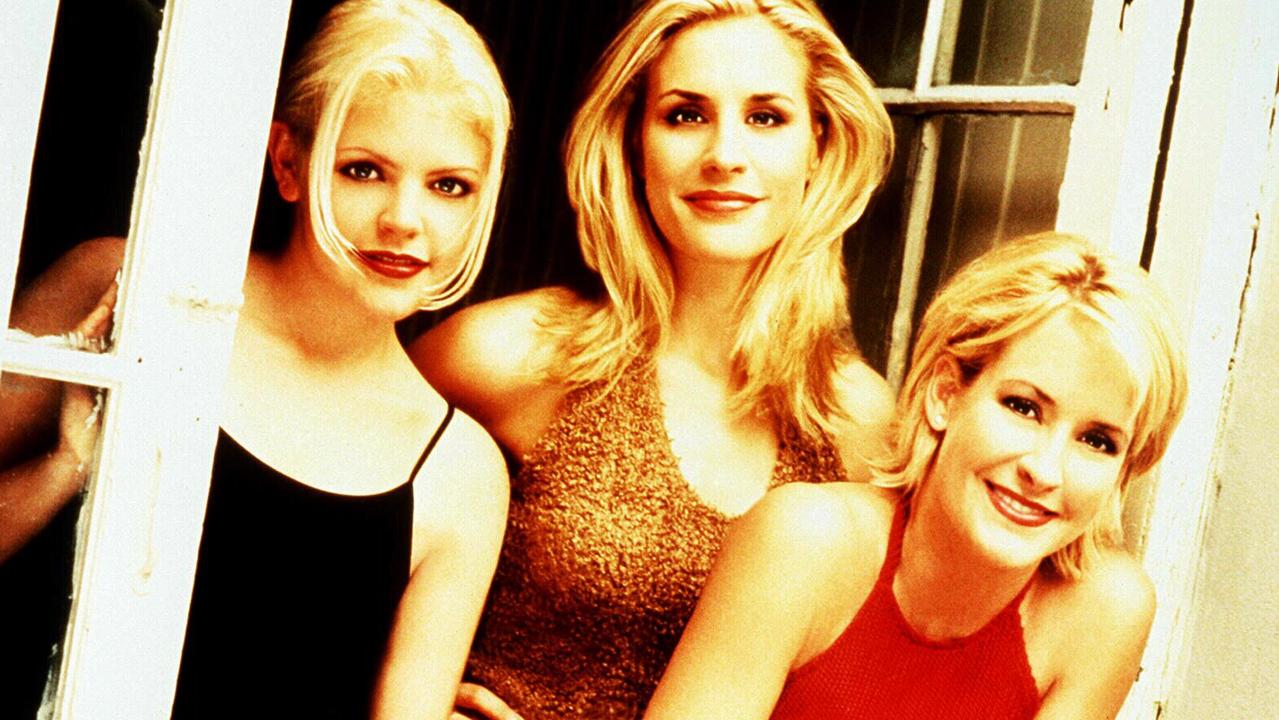
The trio went on to sell some 33 million albums worldwide, and the group’s last album, 2006’s Taking The Long Way, won Grammy Awards for Album of the Year and Best Country Album.
In 2016, they helped celebrate the 50th anniversary of the Country Music Awards and took the stage with Beyonce to help her perform her song “Daddy Lessons” – a clip of which went viral.
And earlier this year, they released the powerful title track from their new album, Gaslighter, much to the delight of their loyal fanbase.
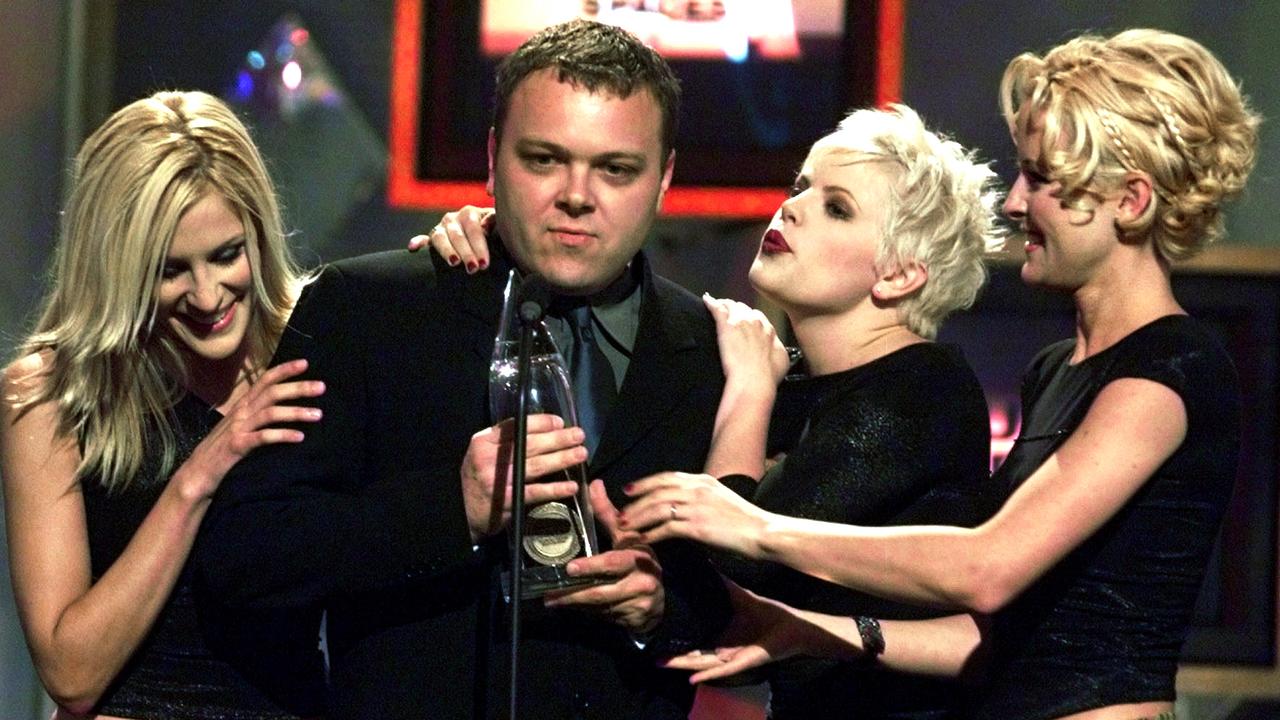
But it’s difficult to forget the moment their meteoric rise was brought to an abrupt halt, rendering them unable to approach the level of fame, fortune and glory of their late-90s, early-2000s peak.
It was all thanks to one politically charged comment at a concert in London.
ONE COMMENT THAT OSTRACISED THE BAND
It was March 10, 2003, when Natalie Maines told a crowd in London that they were “ashamed the President of the United States is from Texas,” referring to George W. Bush.
It was in the run-up to the controversial US invasion of Iraq, and the resulting backlash was swift and severe.
“Just so you know, we’re on the good side with y’all. We do not want this war, this violence, and we’re ashamed that the President of the United States is from Texas,” Maines said at the time.
FURIOUS REACTION
Within the week, thousands of angry calls led to country radio stations in the US not only banning their music, but calling for a boycott of their upcoming albums and tours.
Several country artists, including Reba McEntire and Toby Keith, spoke out against the trio, with Keith and Maines publicly bashing each other both in their music and in the media.
Keith famously joined the fray by performing in front of a backdrop that featured a gigantic image of Natalie Maines beside Saddam Hussein.
President George W. Bush offered this response: “The Dixie Chicks are free to speak their mind. They can say what they want to say.”
He later said of the backlash the Dixie Chicks went on to face within the world of country music: “They shouldn’t have their feelings hurt just because some people don’t want to buy their records when they speak out.”
The impact of all this on the band was documented in the 2006 documentary Dixie Chicks: Shut Up & Sing.
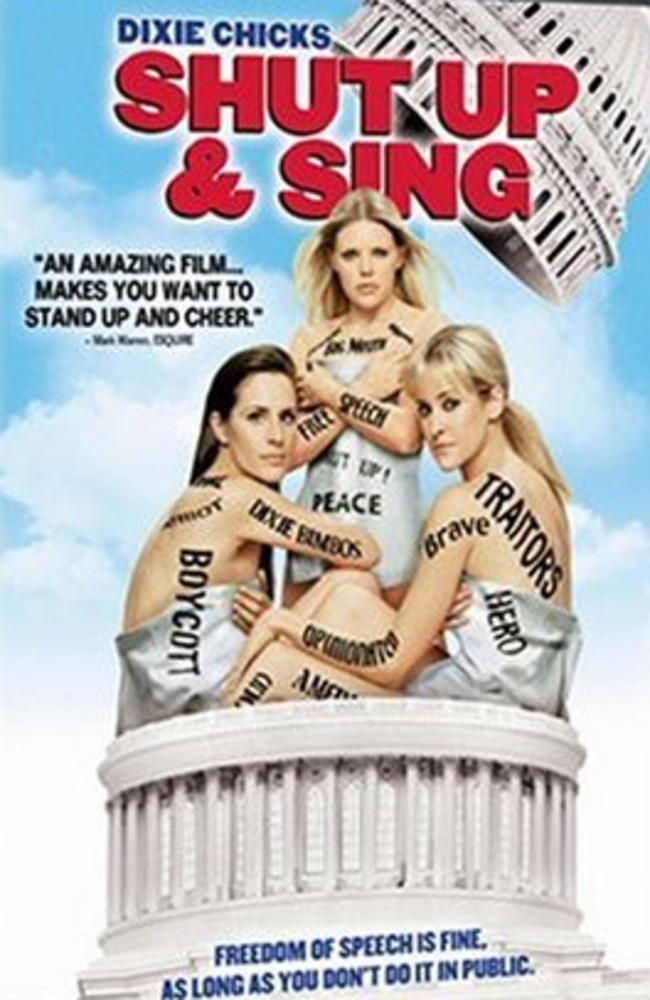
In its opening sequence, viewers were reminded of when the band sang the national anthem at the 2003 Super Bowl – in what was just a few weeks before their popularity plummeted.
REFLECTING ON THE MOMENT
The group has set the record straight about the 2003 backlash that halted their career in recent interviews.
While speaking to Allurein March this year,lead singer Maines declared they still don’t feel accepted by the “country music world”.
“No, absolutely not,” Maines told the outlet.
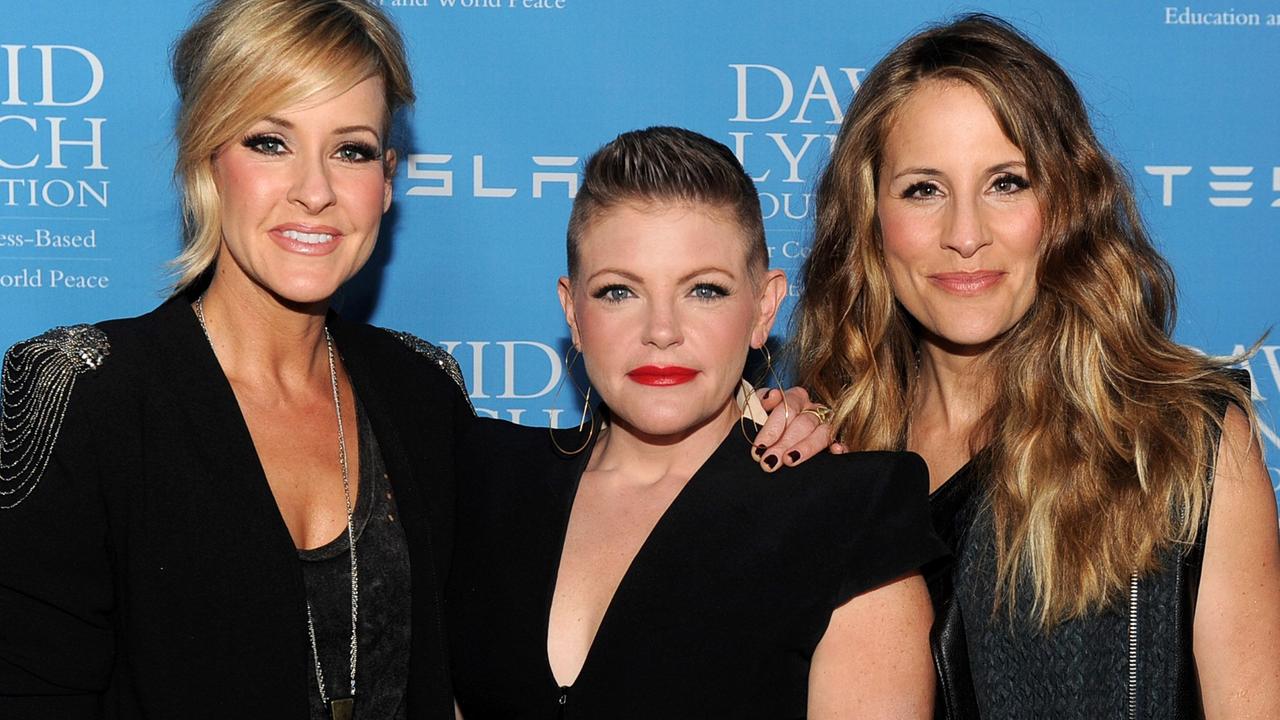
“When we started doing this music, I liked the people in our industry. We always waved that country flag when people would say it wasn’t cool. And then to see how quickly the entire industry turned on us.
She continued: “I was shocked that people thought that we were different than what we were. I always felt like we were so genuine.”
When asked if Maines could take back the moment she addressed the London crowd with comments about now-former President Bush, she said no.
“I have no regrets, but the responsible part of me doesn’t want to put people through sh*t,” she said.
RETURN TO MUSIC
The award-winning trio first confirmed their return to the music world last June, when Maines took to Instagram to tease they were working on some new songs.
While it’s been more than a decade since the release of their last album, the Dixie Chicks seem to still be sticking to their roots – and their values.
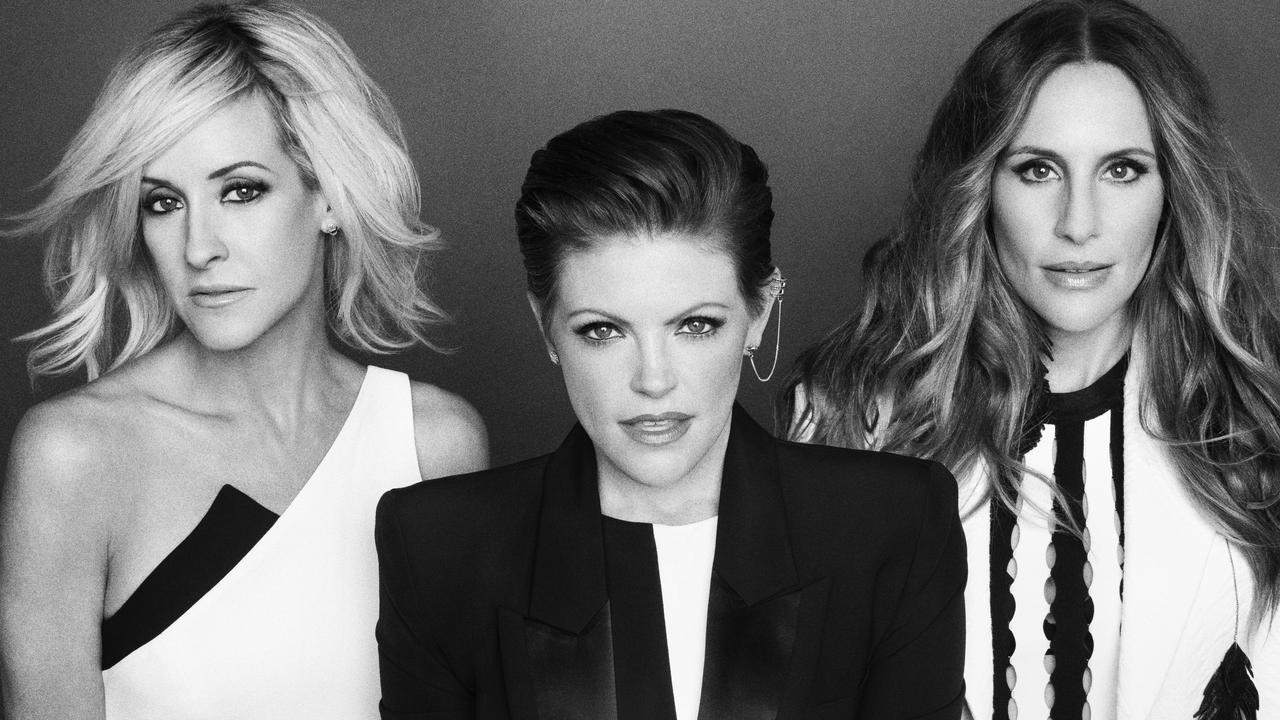
Backlash or not, the band said a lot of work went into getting the album ready, but they will not base their value as musicians on the number of records sold.
“I prefer my kids to like me than having a number one record. It doesn’t mean that I won’t be grateful when it happens,” Maines said.
On Thursday, the group released a short statement addressing their name change: “We want to meet this moment,” it said.
The group revealed they reached out to the 1960s New Zealand outfit The Chicks for permission to use the name.
“A sincere and heartfelt thank you goes out to ‘The Chicks’ of NZ for their gracious gesture in allowing us to share their name,” Maines, Strayer and Maguire said in a statement via their spokesman. “We are honoured to coexist together in the world with these exceptionally talented sisters. Chicks Rock!”
In March, the singers released the eponymous single off their upcoming album, Gaslighter, and a month later debuted “Julianna Calm Down”.
The record, produced by Fun guitarist Jack Antonoff and due July 17, will be released under the band’s new name.



